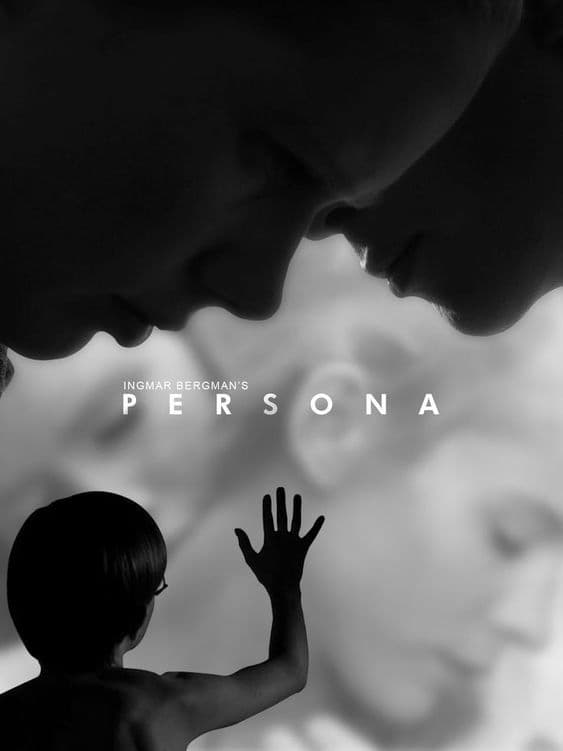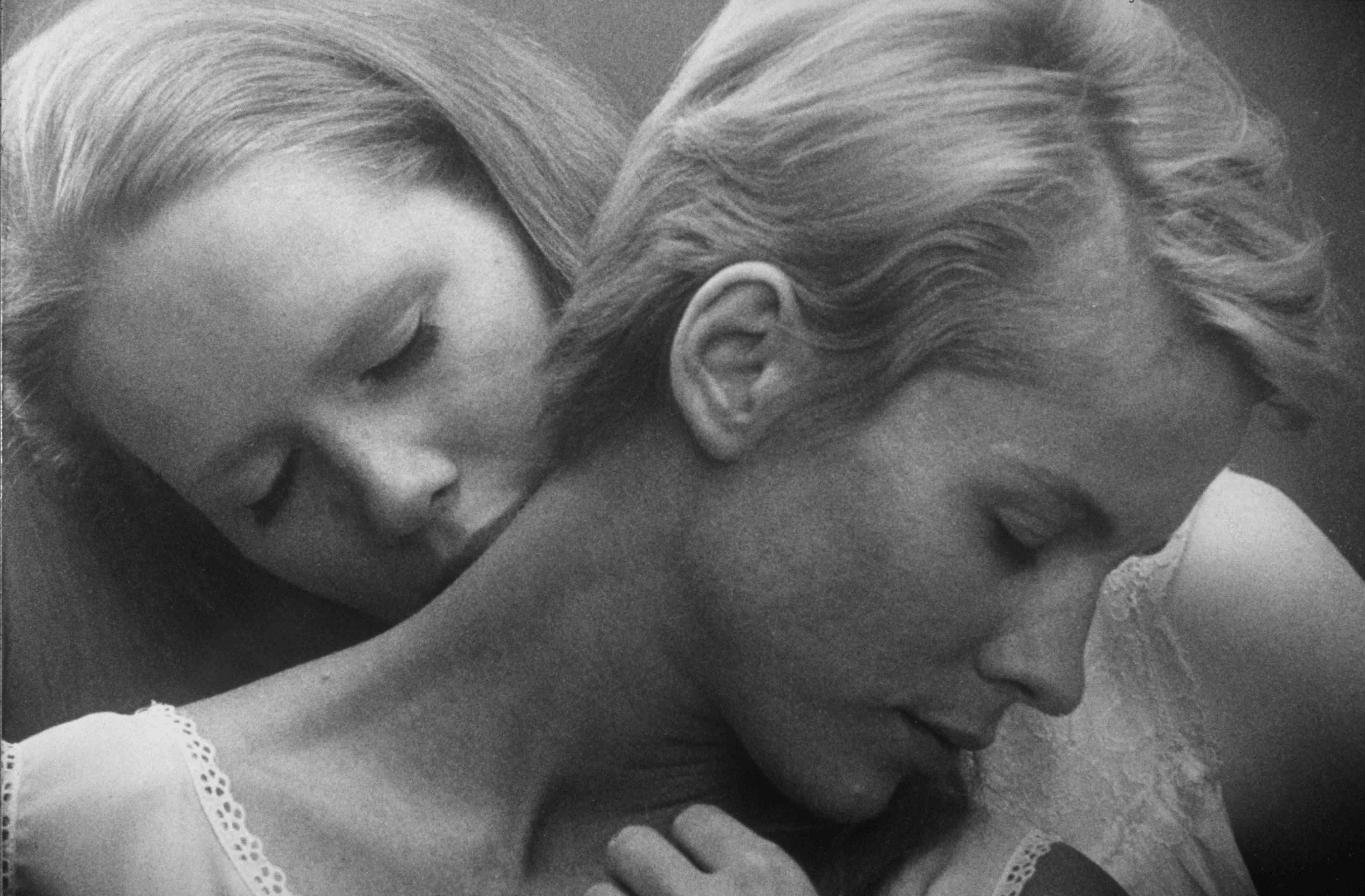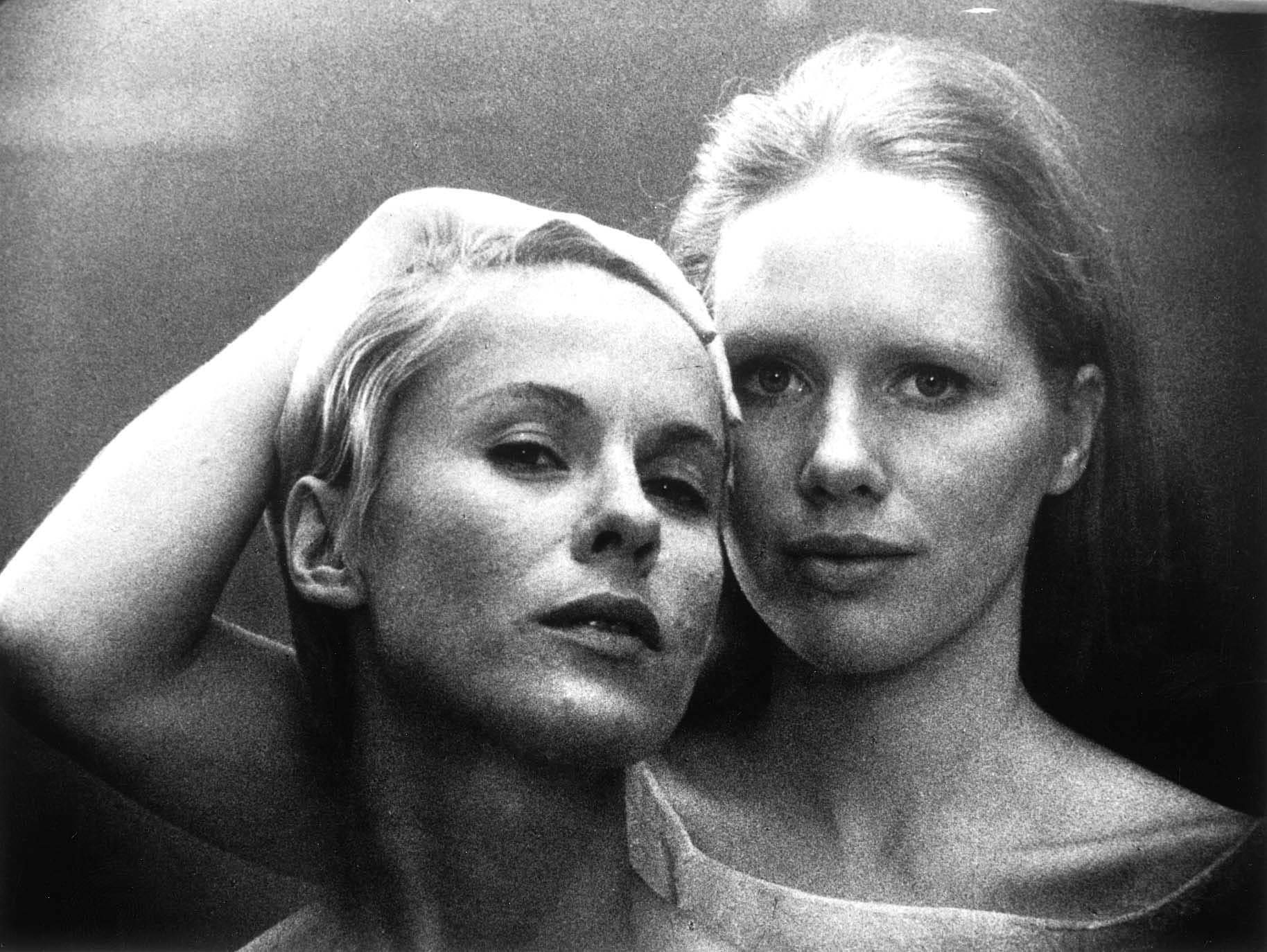
Persona
1966
Rate this movie
Average: 5.00 / 5
(1 votes)
Director
Perhaps the work in which Bergman pushed his art furthest, in search of the boundaries where Form and Substance might find a tenuous meeting point, or even merge in a primordial, almost psychoanalytic, alchemy of the cinematic medium itself. It is here that the Swedish director does not merely narrate a story, but interrogates the nature of narration, the essence of the moving image, and the fragility of human perception, foreshadowing a meta-critique of cinema that would become a hallmark of much subsequent avant-garde.
The result was a dazzling work: an investigation into the harsh struggle between psychological monad and the external shell of reality in an invisible, silent, white conflict. This "white" is not merely chromatic absence, but an immaculate canvas onto which anguish is projected, a nihilistic void that absorbs and reflects fractured identities, almost as if it were a metaphor for the inner asylum to which the protagonists find themselves relegated. From its first unsettling seconds, the film presents itself as a fracture in the usual narrative flow, with disturbing and almost subliminal images that seem to rise from the depths of the collective unconscious, raising questions about the very nature of vision and projection. It is an experience that transcends mere viewing, becoming an intimate dialogue with the viewer, challenging them to question their own perception of reality and self.
The story is that of Elizabeth Vogler, a successful theater actress, confined to bed by an unspecified malaise – a malaise that seems to be as much physical as spiritual, a total rejection of the falsehood of acting and of existence itself, a sort of "soul strike" that condemns her to voluntary mutism. Alongside her is Alma, her personal nurse, an apparently more solid and earthly figure, who daily battles her patient's stubborn silence, seeking to penetrate that impenetrable barrier. But it is precisely in this attempt to heal that the drama is triggered: Alma opens her heart to Elizabeth, pouring out her fears, her secrets, even her most recondite guilts. In doing so, she realizes, with growing horror and fascination, that a mysterious transference is taking hold of her personality, inescapably immersing her in the emotional and psychological sphere of the one she wishes to cure. What begins as empathy transforms into a risky psychic osmosis, an existential vampirism in which identities merge, overlap, and eventually cannibalize each other, leaving the viewer uncertain as to who is the predator and who the prey, who the patient and who the healer. The famous sequence in which the faces of Bibi Andersson and Liv Ullmann merge into a single composite image is not a mere cinematic trick, but the visual crystallization of this unsettling fusion and fragmentation of the self.
An ambitious film that aims to capture on film what cannot be filmed: the most intimate human impulses, the very essence of humanity, the ultimate truth hidden behind the social mask. Bergman, recovering from a period of severe illness and convalescence, poured his own existential and creative anxieties into Persona, transforming the filmmaking process into a kind of self-therapy. The set, located on the remote island of Fårö, became an isolated microcosm, conducive to this introspective and claustrophobic exploration. The film itself almost becomes a psychoanalytic session, with the camera acting as an implacable eye, capable of penetrating defenses and conventions to capture the raw, often brutal, reality of the subconscious.
Paradigmatic in this sense is the monologue the doctor addresses to Elisabeth, her patient: “Do you think I don't understand you? You pursue a desperate dream; this is your torment. You want to be, not merely seem to be. To be conscious of yourself at every moment, and vigilant. At the same time, you realize the abyss separating what you are for others from what you are for yourself, and this causes almost a sense of vertigo, a fear of being discovered, of seeing yourself laid bare, unmasked, brought back to your true limits. Because every word is a lie, every gesture a falsehood, every smile a grimace.” These words, spoken with almost surgical lucidity, serve as a true philosophical manifesto for the film. They echo the existentialist concerns of the twentieth century, the Sartrean anguish of "bad faith" and the Heideggerian alienation of being-in-the-world. Elizabeth, as an actress, is the quintessential embodiment of performance, of the mask, of "seeming." Her silence is not just a pathology, but an extreme gesture of rejection of this ontological dishonesty, an attempt to empty herself of all falsehood to achieve radical authenticity, even at the cost of annihilation. Hers is a struggle for the integrity of the self in a world that seems to demand only representation, a rebellion against the emptiness of language and interpersonal communication, perceived as tools of dissimulation rather than connection.
And it is precisely in this desperate dichotomy between being and seeming to be that the film's most primordial beauty resides, and ultimately its most seductive quality. Its strength lies not in clarity, but in hypnotic ambiguity, in its refusal to provide easy answers, forcing the viewer to confront their own ghosts, their own masks, and their own hidden truths. Persona is not just a cinematic masterpiece; it is a transcendent experience, an intellectual and emotional challenge that continues to disturb and enlighten, affirming itself as one of the cornerstones of cinematic modernism and a timeless inquiry into the elusive nature of human identity. Its influence still reverberates today in auteur cinema, from Lynch's narrative fragmentation to Haneke's disturbing psychology, attesting to its inexhaustible relevance and its status as a monumental work of art.
Genres
Country
Gallery






Comments
Loading comments...